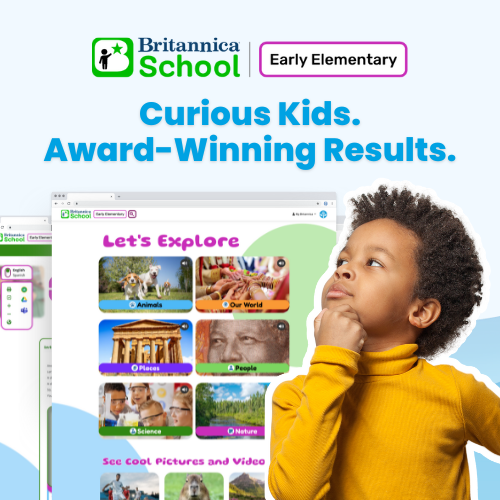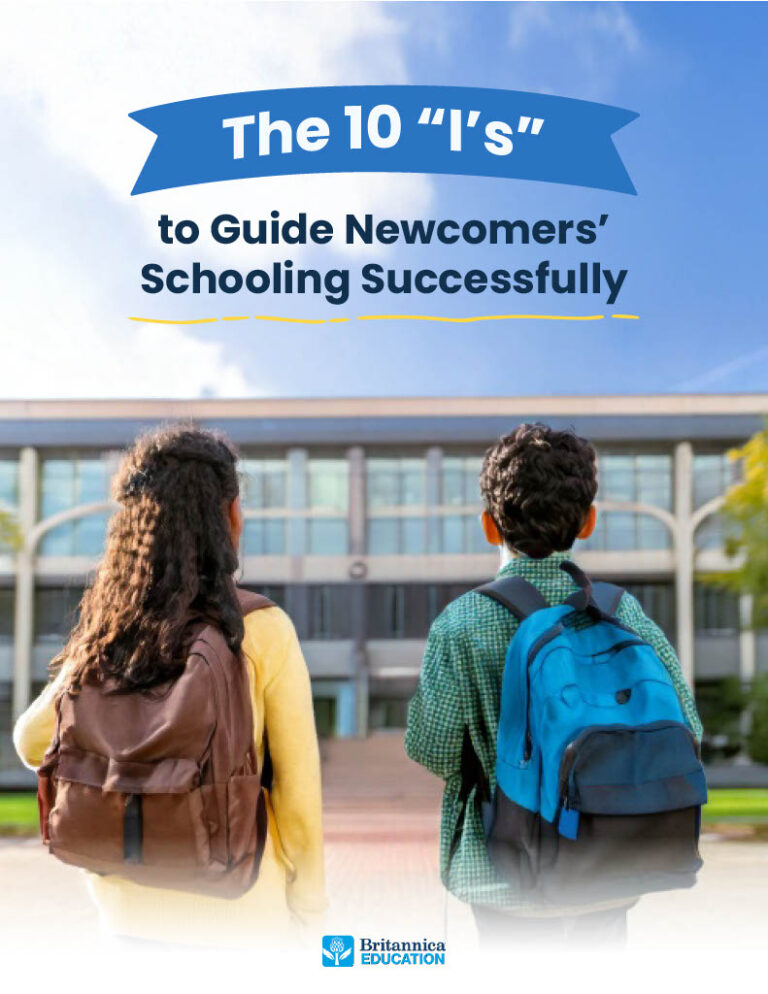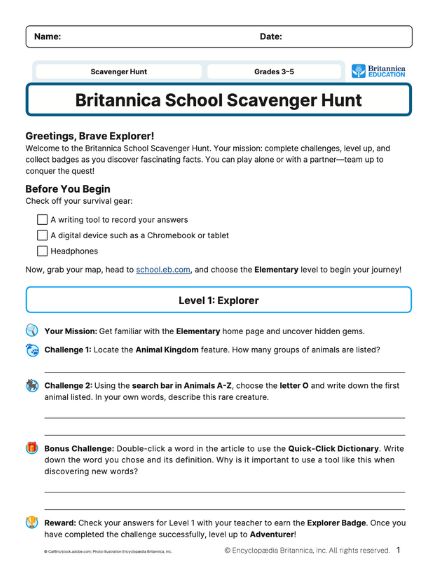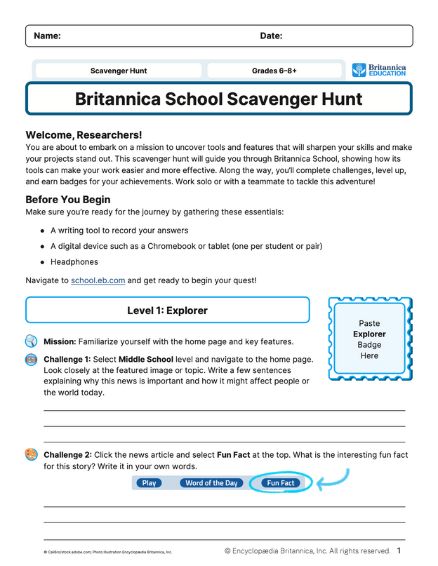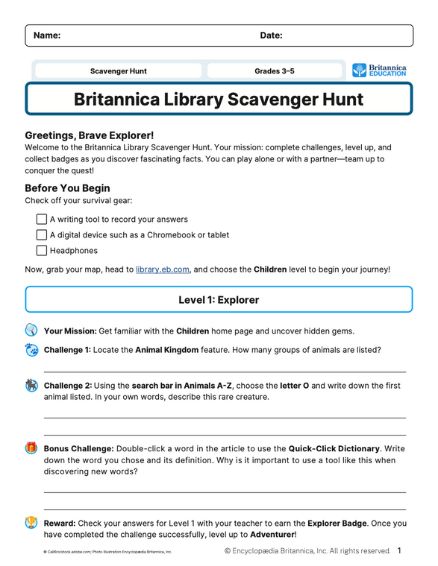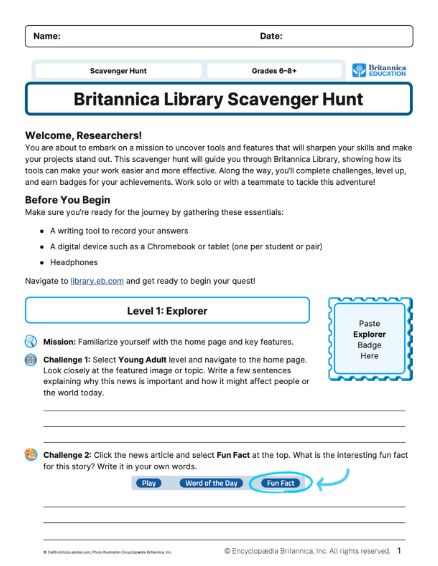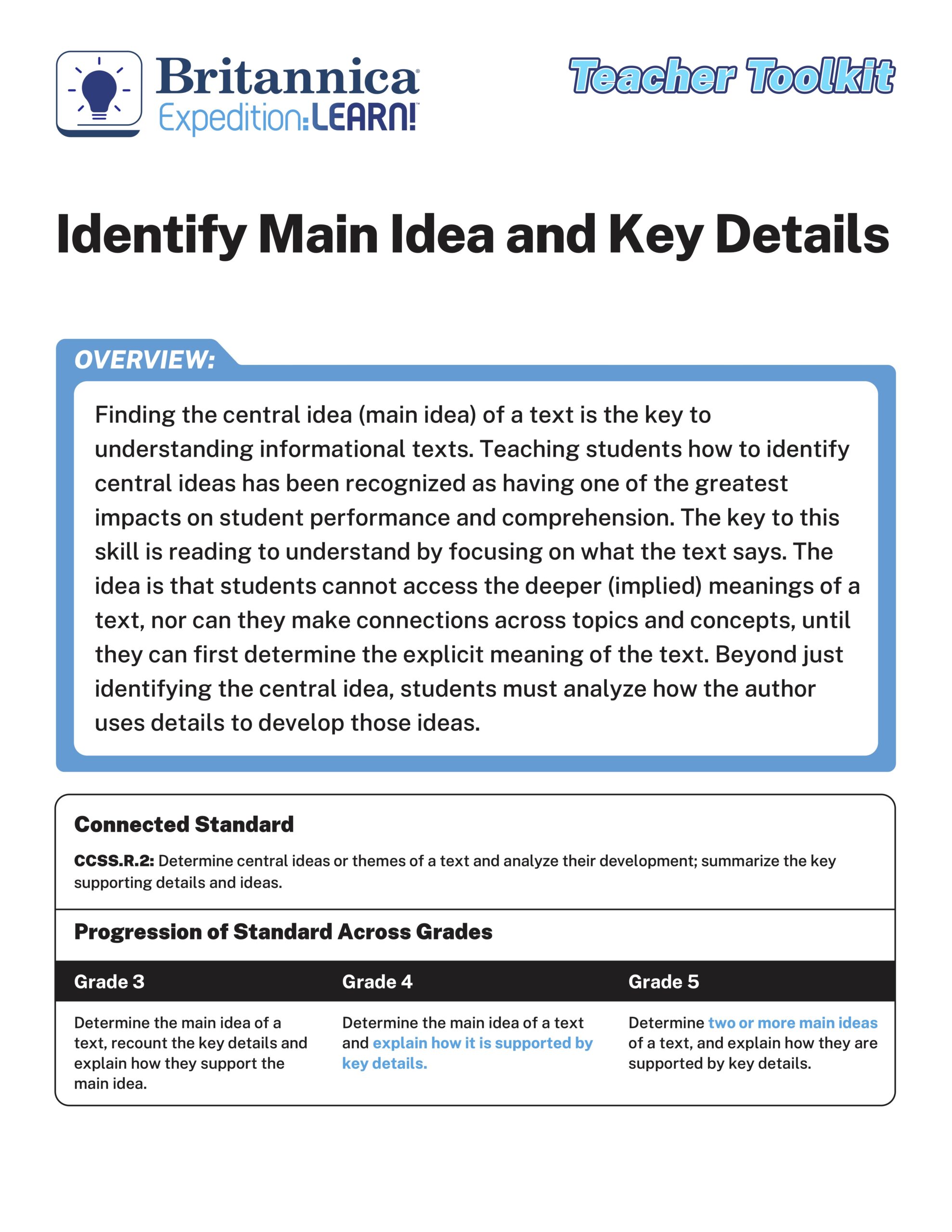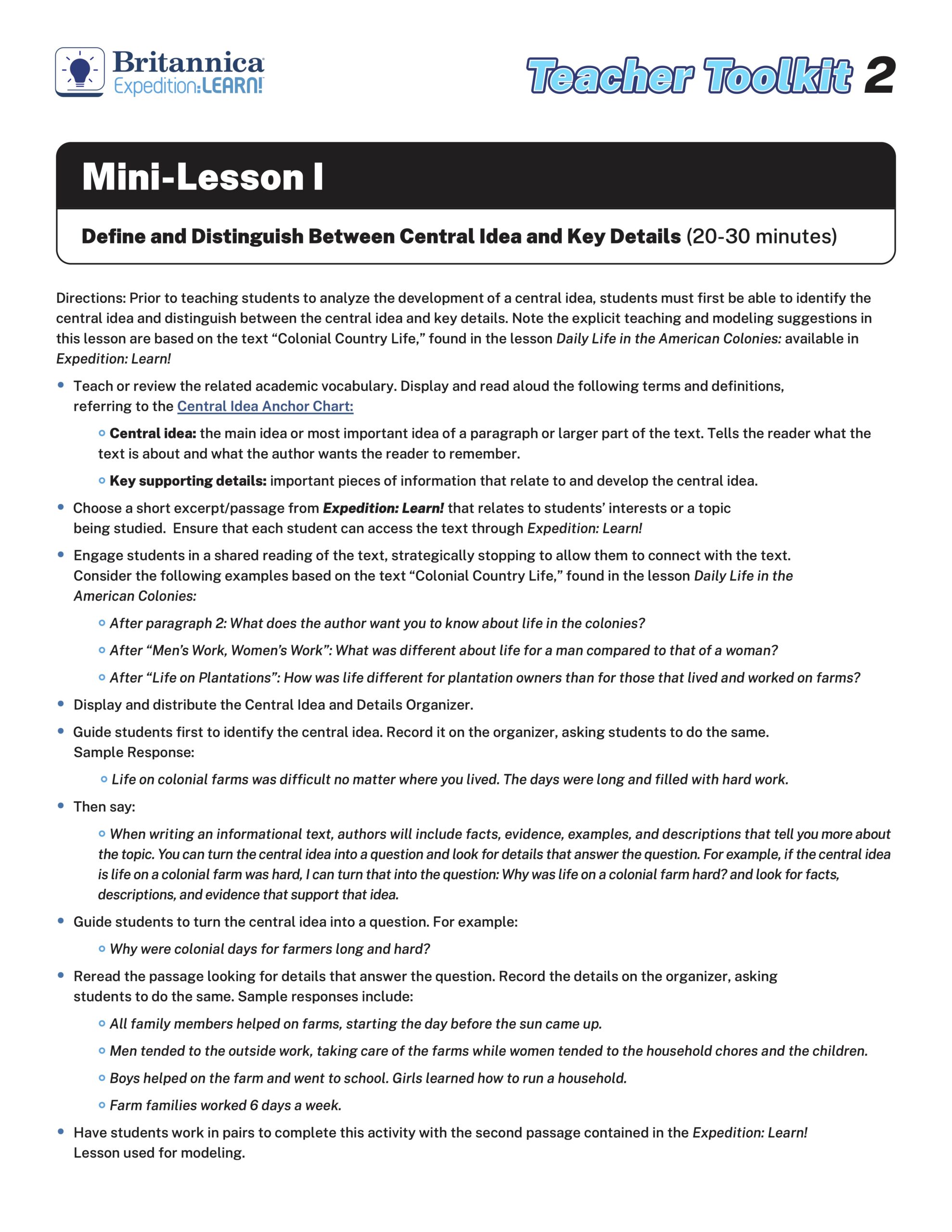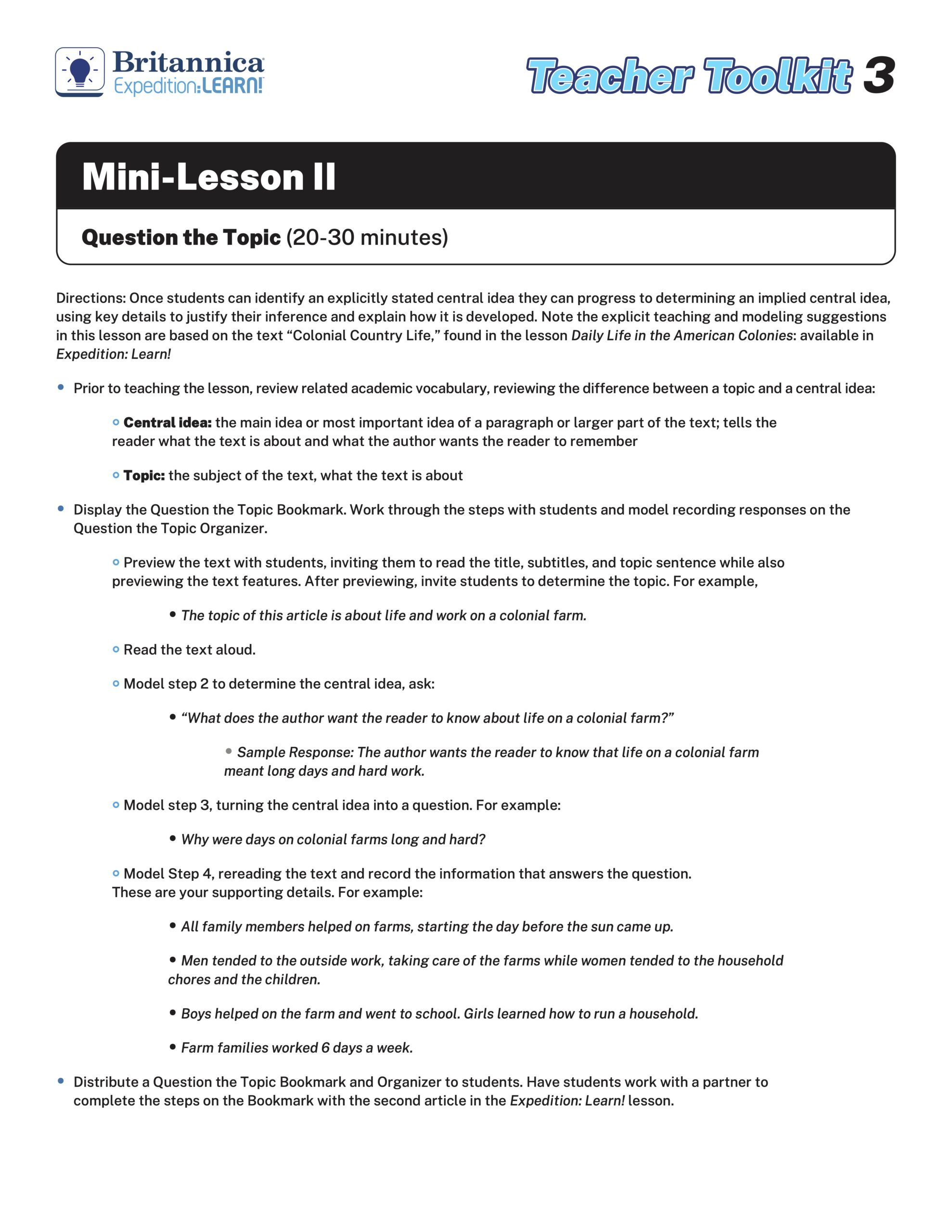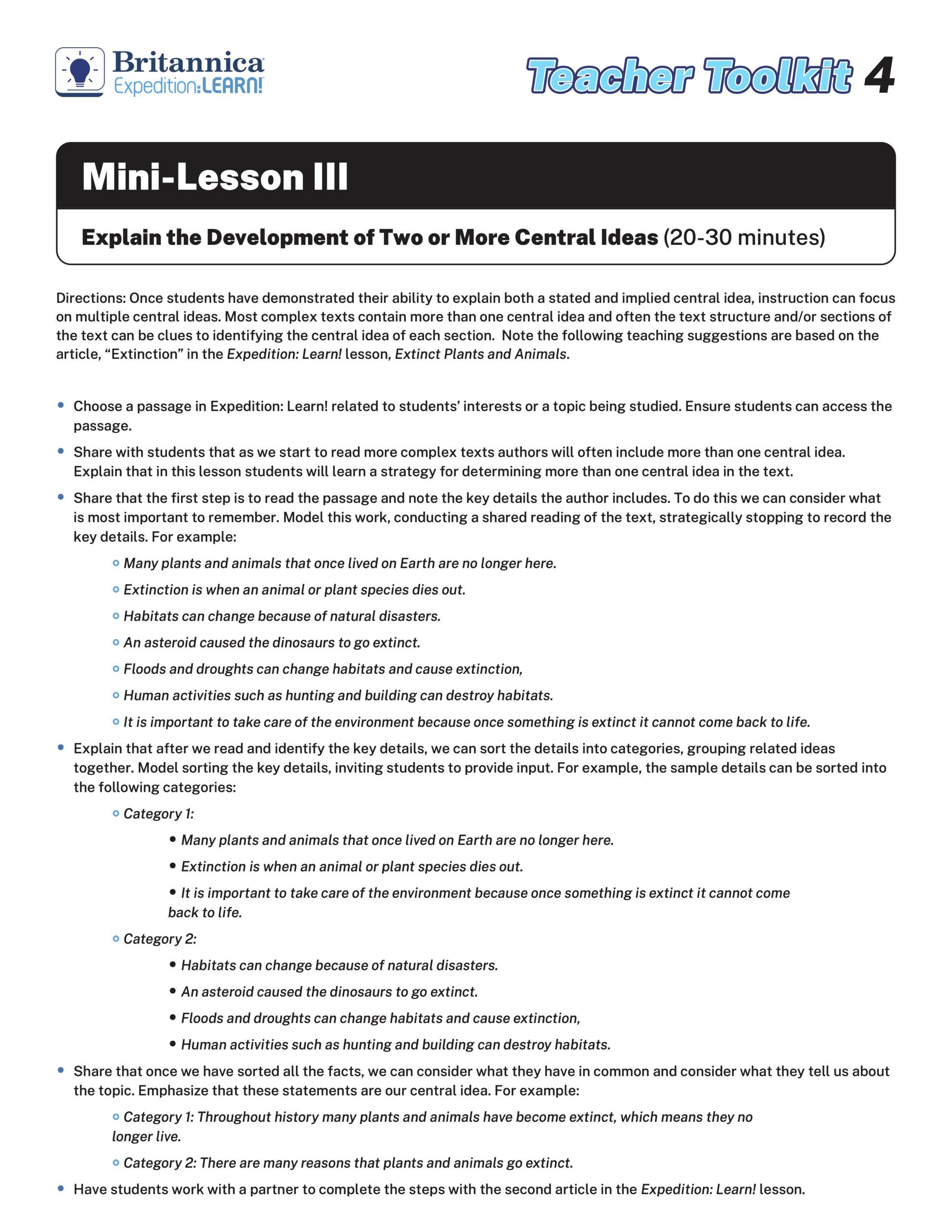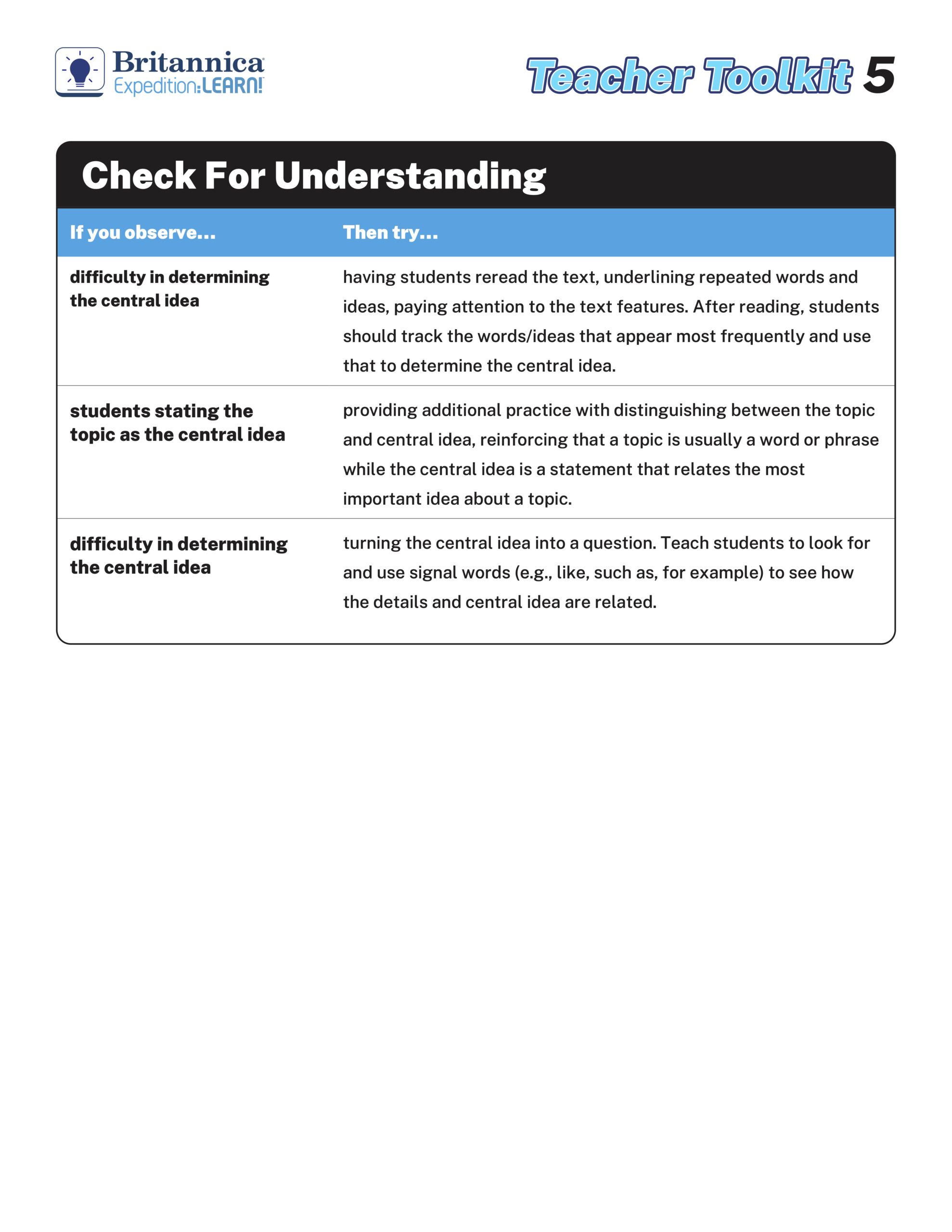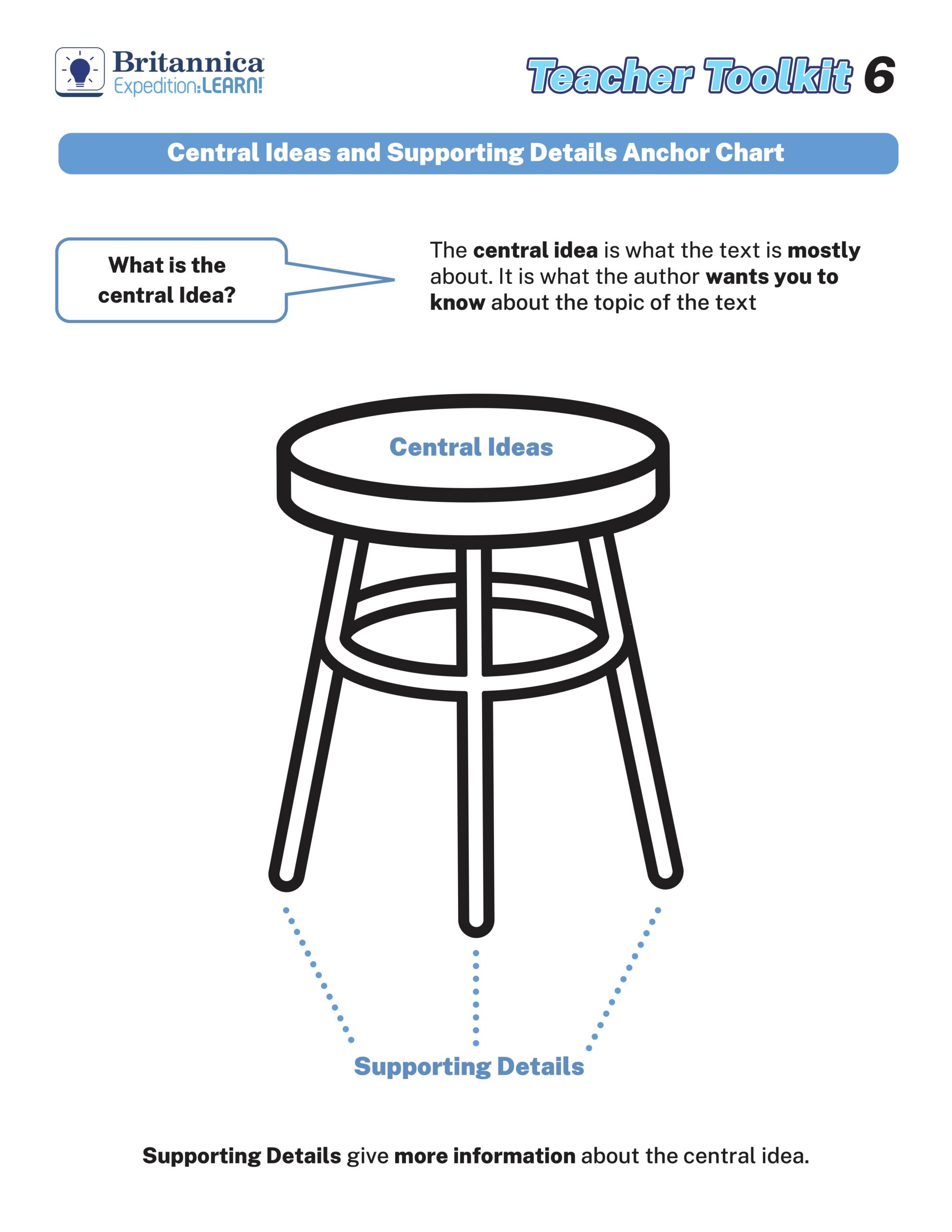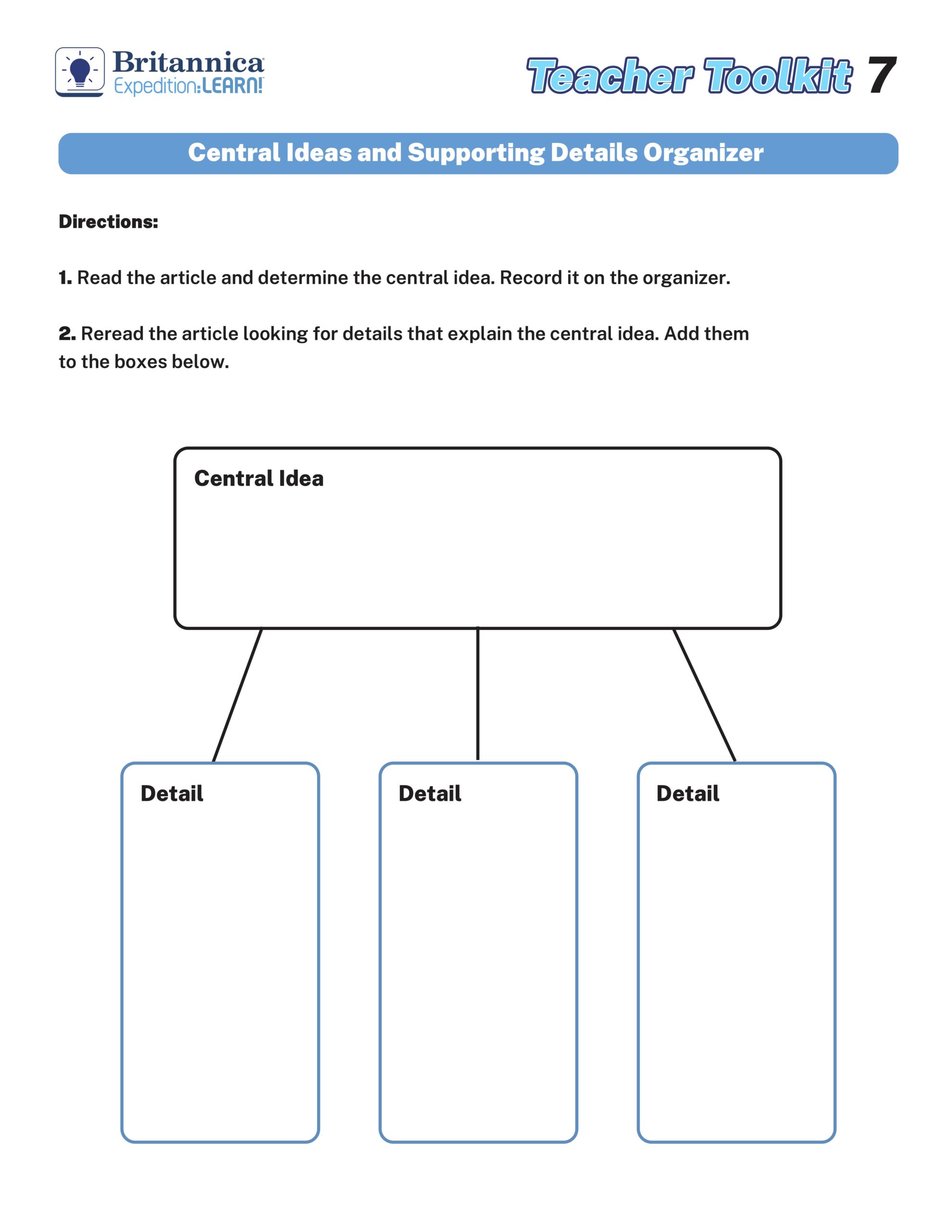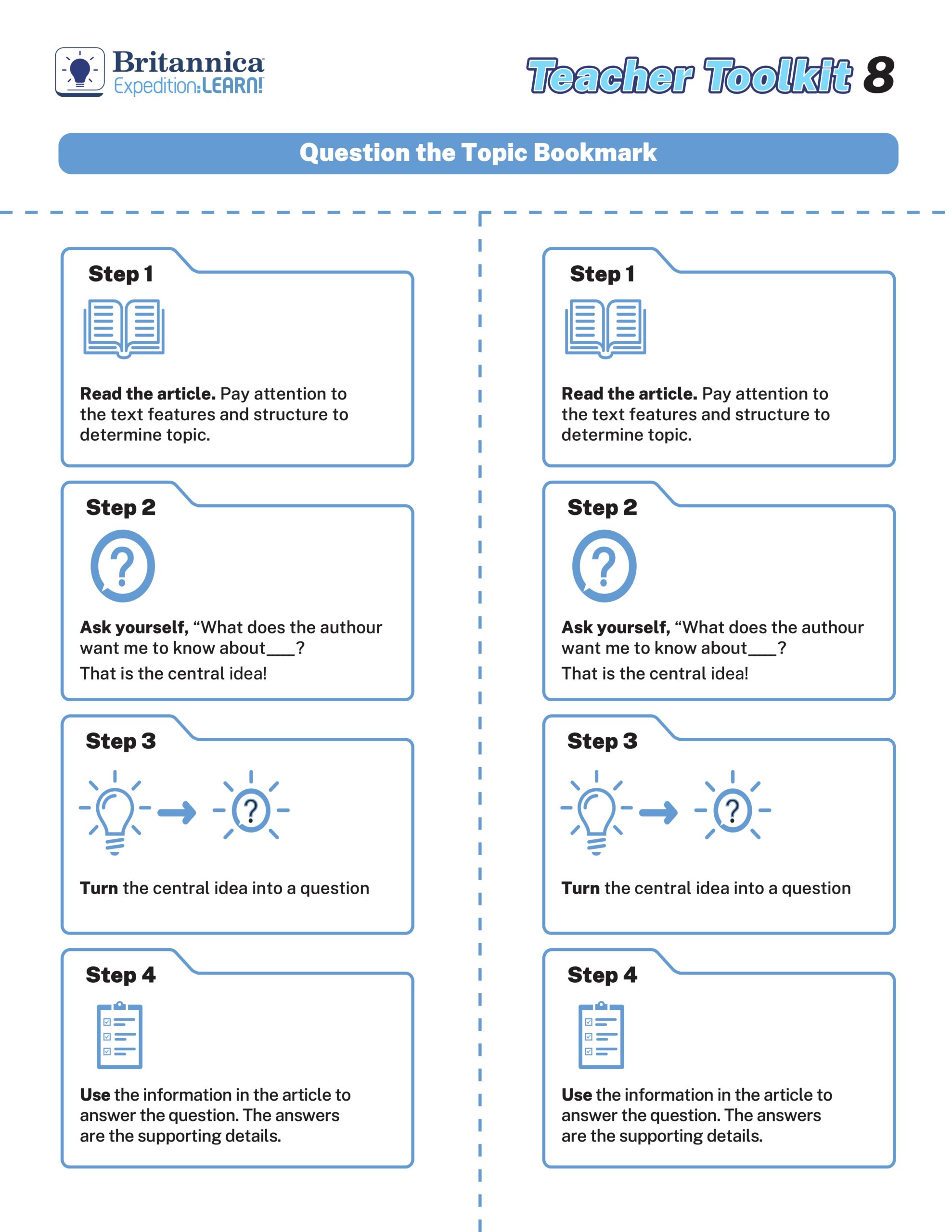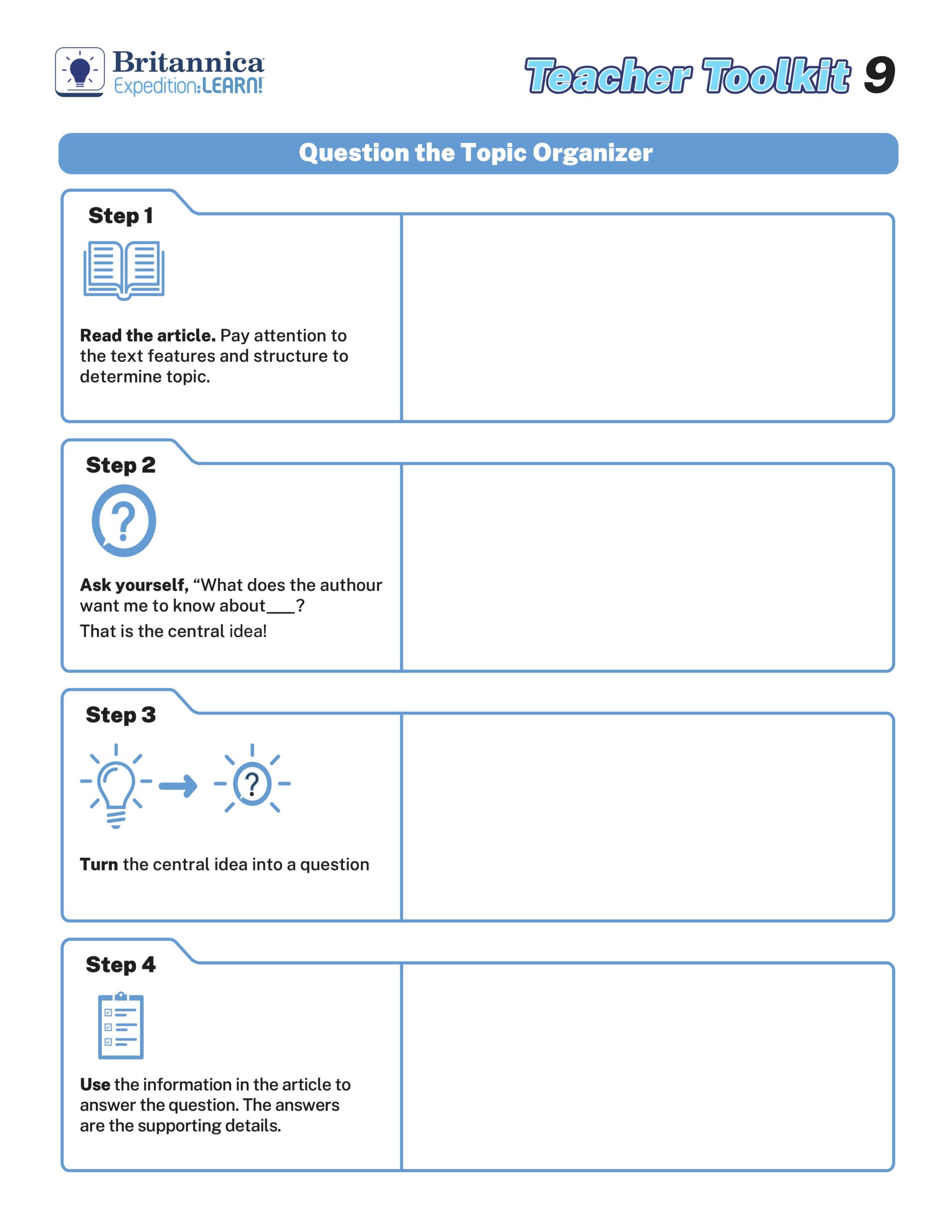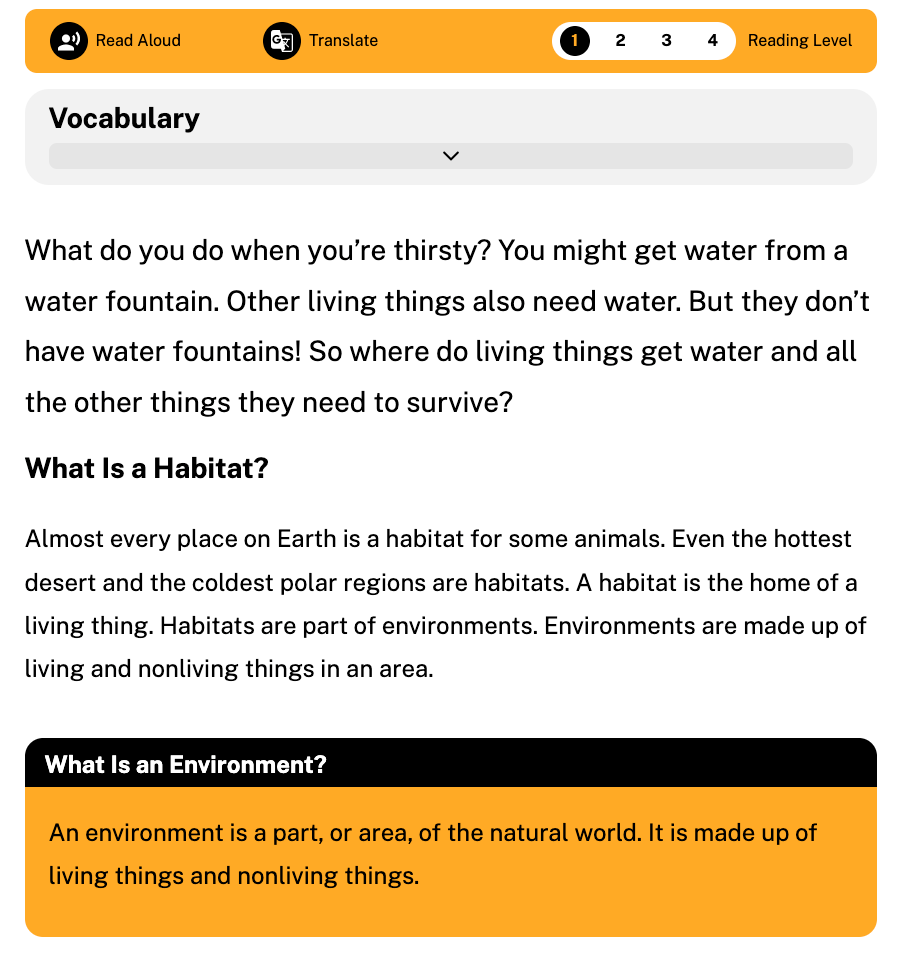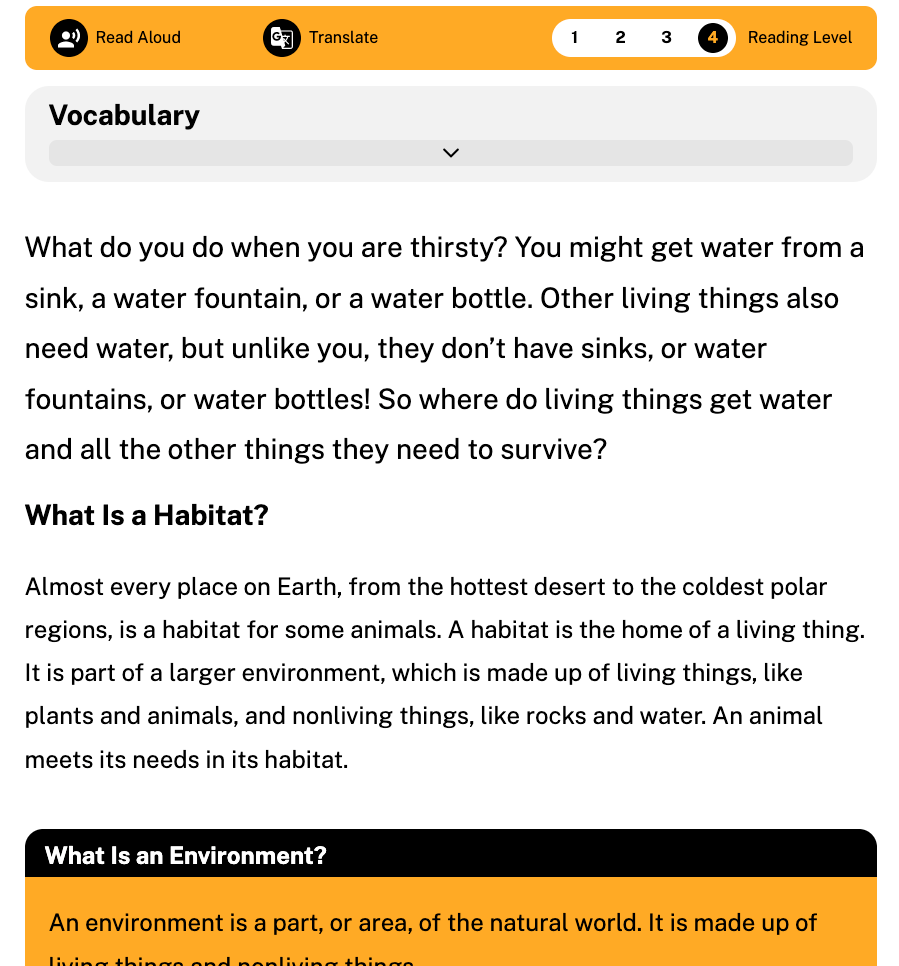Join us this April as we celebrate National Poetry Month! This is a special occasion where we recognize and celebrate the significance of poets and poetry. At Britannica, we believe that poetry is an art form that reaches everyone, regardless of age or cultural background. People all over the world celebrate poetry in a million different ways, from odes to rap to slam poetry.
What exactly is poetry?
The term comes from the Greek word “poiētēs,” which means “to make.” It has been in use in English for over 600 years and refers to writing that uses language to create a concentrated imaginative awareness of experience, with the goal of evoking a specific emotional response through meaning, sound, and rhythm.
Forms of poetry
Poetry can take many forms, from children’s rhymes to more complex forms like epic poetry, haiku, and sonnets. It can be used for many purposes, from telling long stories to expressing small insights. There are also different literary types of poetry, including narrative, dramatic, and lyric.
Slam Poetry
Slam poetry, a type of spoken word, is a form of poetry that combines performance, writing, competition, and audience participation. It is performed at events called poetry slams, where the audience has the power to praise or destroy a poem. Some spoken word poets you should check out this National Poetry Month include Sarah Kay, Shane Koyczan, Rudy Francisco, and Kioni “Popcorn” Marshall.
Ashlee Haze has been doing spoken word since she was 10 years old and delivers an empowering performance as she speaks of her experiences with self-doubt and despair. Haze shares that her poetry is her “saving grace” as it helps lift her burdens.
“Look at this rose that has grown from the concrete and is still beautiful despite its thorns (…) You want to know what I think? I think that you are what makes this world go round. I think that you have the power to be your own masterpiece.”
Ashlee Haze – Untapped Motivation
Poetry in Music
Poetry has played a significant role in music, providing artists with a means to convey complex emotions and ideas through song lyrics. Poetic devices have allowed musicians to create lyrical depth and meaning in their music, which has resonated with audiences worldwide. The fusion of poetry and music has also given rise to new genres, such as rap, which showcase the art of wordplay and lyrical flow. Poetry in music continues to be a powerful tool for artists to express themselves and connect with their fans on a deeper, more emotional level.

Kendrick Lamar was born on June 17, 1987, in a high-crime area of Compton, California. He began writing rhymes as a young teenager. In 2018, he became the first rapper to win the Pulitzer Prize for Music. Lamar’s music has been praised for its complexity and introspection, earning fans from Beyoncé to Barack Obama.
Image Credit: Jorund Foreland Pedersen
Poets Worth Exploring
There are countless poets from around the world throughout history to celebrate during National Poetry Month.
- William Shakespeare (English)
- Maya Angelou (American)
- Victor Hugo (French)
- Pablo Neruda (Chile)
- Walt Whitman (American)
- Oscar Wilde (Irish)
- Sylvia Plath (American)
- Mark Twain (American)
- Ralph Waldo Emerson (American)
- Lord Byron (English)
- Dante Alighieri (Italy)
- T.S. Eliot (American-English)
- Li Bai (Chinese)
- Sappho (Greek)
- Jalal al-Din Rumi (Afghan)
- Shel Silverstein (American)
- Rabindranath Tagore (Indian)
- LL Cool J (American)
Poetry can inspire, offer hope and wisdom, and uplift those who need encouragement. We encourage you to explore some inspiring stories today and hear the unique voices spoken through poetry. Dare to write your own story and share your voice through spoken word poetry. Let’s celebrate our voices together! Share your poetry with us by tagging @Britannica_Edu on Facebook and Twitter.
Information sourced from Britannica School. Not a subscriber? Contact us to learn more.
Image Credit: Jorund Foreland Pedersen


